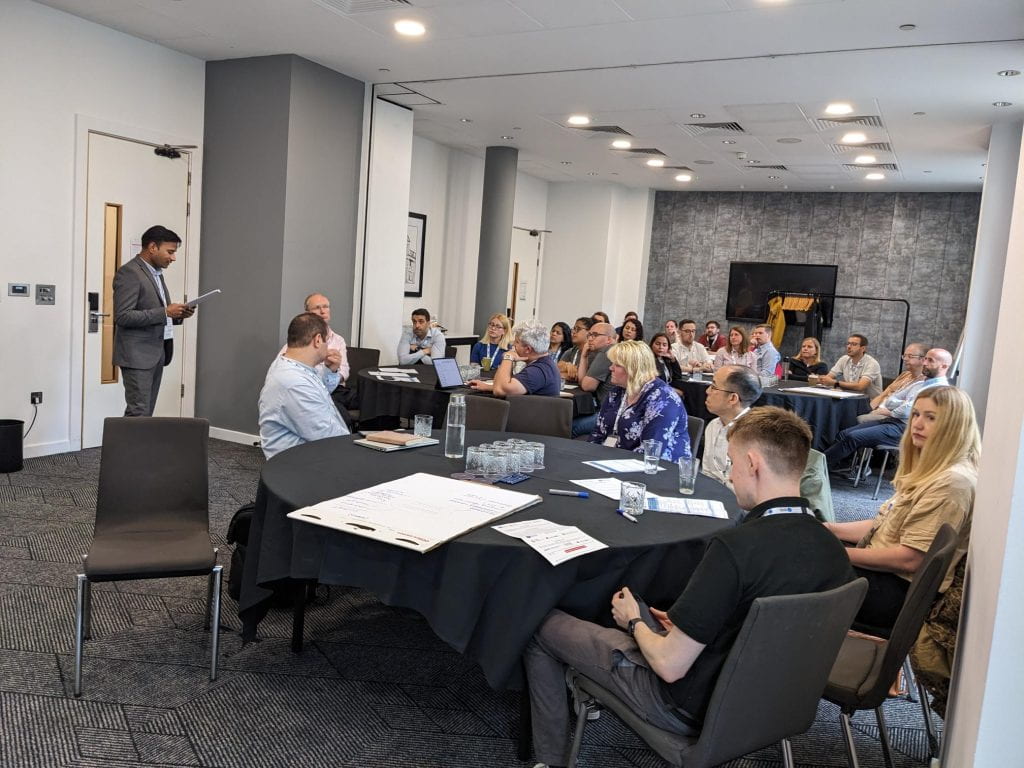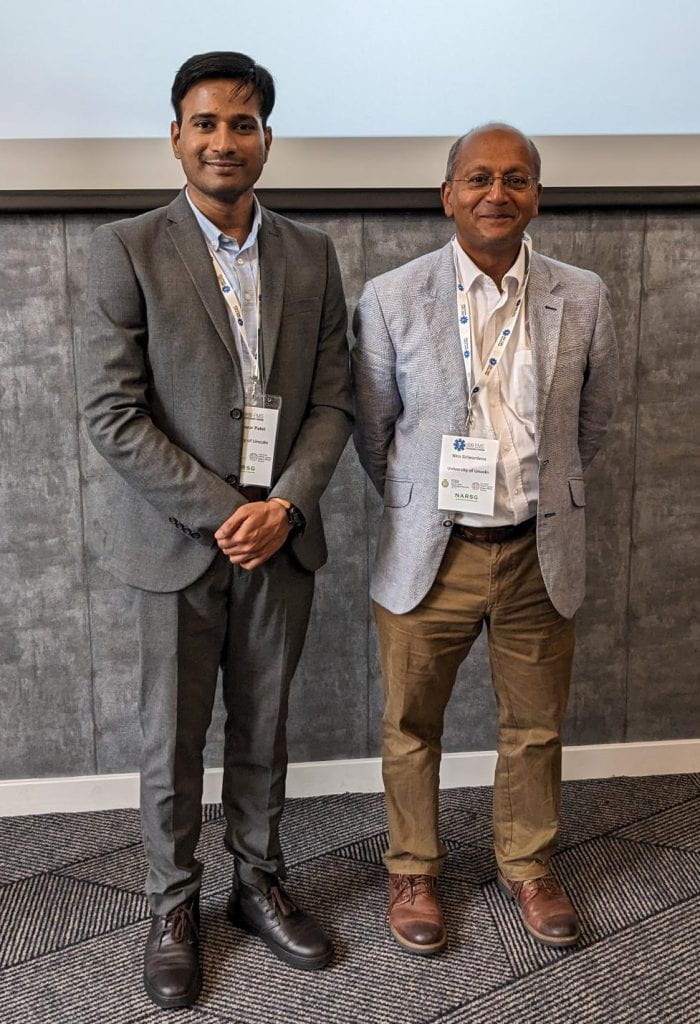
In 2023 we completed a Lincoln Policy Hub -funded policy engagement and knowledge translation activity for future Community First Responder (CFR) schemes in England and beyond. We aimed to disseminate evidence, inform policy decisions, and promote change through this project.
https://policyhub.lincoln.ac.uk/policy-engagement-towards-informing-the-current-and-future-role-of-community-first-responders-in-the-united-kingdom/
Our policy engagement activities included two key components:
1) Policy engagement meetings
Nine meetings were held with ambulance service stakeholders at local, regional, and national levels, and with representatives of national organisations for CFRs and ambulance services including the Association of Ambulance Chief Executives.
At each meeting, we disseminated research findings from the CFR study, and subsequently discussed these with participants to explore opportunities for improving CFR provision.
2) Policy engagement and co-creation workshop at 999EMS research forum, 2023, Manchester
Title: Community First Responders’ Role in ambulance services – developing evidence-based guidance for future policy
We promoted policy engagement and co-creation activities through this national workshop. The workshop fostered policy participation and included evidence-sharing, discussions, reflections, and policy recommendations. Evidence-driven discussions enabled convergence of policy expertise, technical knowledge in CFR schemes and emergency contexts, with proposed innovative solutions to developing the CFR role. The reflective exercises facilitated constructive dialogue, exchange of best practice, co-creating a change agenda for development of future CFR policy.
The main policy recommendations were:
- To develop and implement guidelines for response and follow-up of falls incidents attended by CFRs to ensure continued support for recovery and prevention of future falls.
- To address wellbeing and engagement of CFR volunteers, providing more support, regular debriefing sessions, and formal recognition of their role as CFRs.
- To recruit CFRs from minority ethnic and socially deprived communities to broaden the reach of CFR schemes and cover a wider population, thereby improving diversity and inclusion within emergency response initiatives.
- To prevent harm and maintain quality standards through a robust audit system and provision of liability insurance, continually monitoring emerging challenges and improvements and ensuring the safety and effectiveness of CFR practices.

